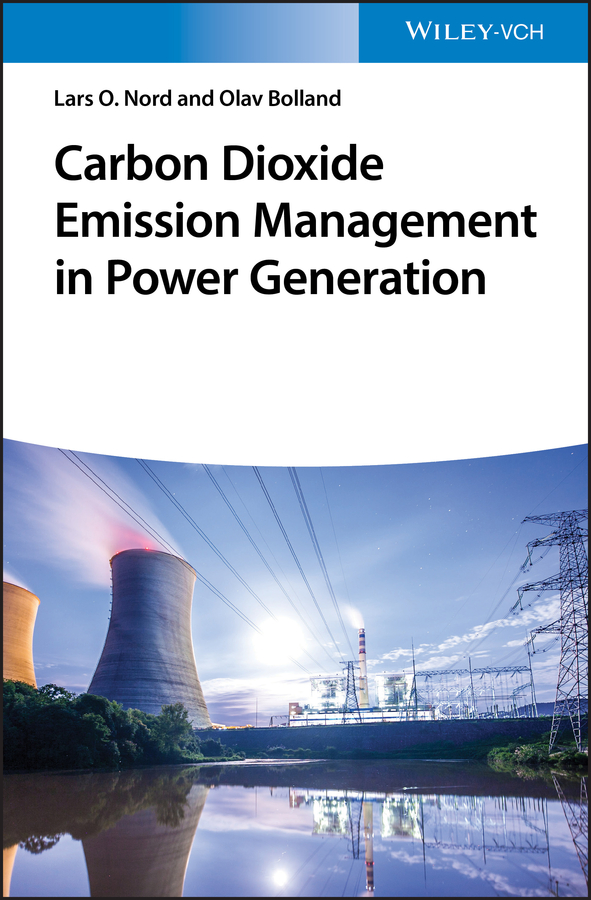Provides an engaging and clearly structured source of information on the capture and storage of CO2 <br> <br> Designed to bridge the gap between the many disciplines involved in carbon dioxide emission management, this book provides a comprehensive yet easy-to-understand introduction to the subject of CO2 capture. Fit for graduate students, practicing process engineers, and others interested in the subject, it offers a clear understanding and overview of thermal power plants in particular and of carbon dioxide capture and storage (CCS) in general. <br> <br> Carbon Dioxide Emission Management in Power Generation starts with a discussion of the greenhouse effect, climate change, and CO2 emissions as the rationale for the concept of CCS. It then looks at the long-term storage of CO2. A chapter covering different fossil fuels, their usage, and properties comes next, followed by sections on: CO2 generation, usage and properties; power plant technologies; theory of gas separation; power plant efficiency calculations; and classification of CO2 capture methods. Other chapters examine: CO2 capture by gas absorption and other gas separation methods; removing carbon from the fuel; pre- and post-combustion CO2 capture in power cycles; and oxy-combustion CO2 capture in power cycles. <br> <br> -Discusses both CO2 capture technologies as well as power generation technologies <br> -Bridges the gap between many different disciplines?from scientists, geologists and engineers, to economists <br> -One of the few books that covers all the different sciences involved in the capture and storage of CO2 <br> -Introduces the topic and provides useful information to the academic as well as professional reader <br> <br> Carbon Dioxide Emission Management in Power Generation is an excellent book for students who are interested in CO2 capture and storage, as well as for chemists in industry, environmental chemists, chemical engineers, geochemists, and geologists. <br>
Chemistry, Industrial chemistry and manufacturing technologies
Carbon Dioxide Emission Management in Power Generation
Original price was: ₹9,222.00.₹6,917.00Current price is: ₹6,917.00.
This book is currently not in stock. You are pre-ordering this book.

